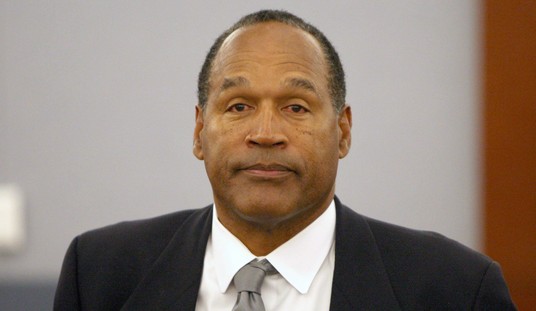WASHINGTON -- It is sad when someone you care about threatens to do a foolish and destructive thing.
In this case, it is not a relative or a friend but a country. Uganda has endured the rule of a psychotic -- dictator and cannibal Idi Amin -- and a pandemic that decimated a generation. Its people responded with courage and faith, and the two are related. When I think of cheerful compassion in the midst of suffering, my examples are Ugandans.

But now the Ugandan parliament is considering legislation, the Anti-Homosexuality Bill 2009, that would impose new and harsher penalties on homosexuality, including life imprisonment, as well as forcing pastors and others to report homosexuals to the authorities. Ugandan Christian leaders are key supporters of the bill. They misunderstand an important commitment of their own faith.
Pluralism and tolerance have advanced in countries with a Christian cultural background, not in spite of religious belief but largely because of it. It is a teaching of faith that human beings are ultimately responsible for their souls to God alone. The Protestant principle -- "Here I stand, I can do no other" -- implied a limit on both religious and political authority. No one can ultimately coerce the conscience, and no one should try.
It took long centuries for this radical idea of religious and moral autonomy to work itself out in the political realm. But it found expression in the American founding. We refused to be a "Christian nation" precisely because the founders held a broadly Christian view of human beings, who are subject to God and their conscience, not to the state. Pluralism is not a temporary or tragic compromise; it is the proper way to treat men and women created free and autonomous in God's image.
This principle does not require a complete libertarianism. Some individual choices are legally prohibited as inherently exploitative (statutory rape or using child pornography) or destructive to the very idea of freedom and autonomy (drug use or voluntary slavery). A single worker drunk on gin is generally a matter of indifference to the state. A large portion of the British working class drunk on gin in the 18th century -- catching their arms and legs in looms -- required regulations on the sale of spirits.
Recommended
But it is not sufficient to argue that a practice should be illegal just because some -- even many -- regard it as wrong. Laws require a clear, public good. Absent that good, people can still advocate their moral views publicly and strongly. But their method should be persuasion, not coercion.
Which brings us to Uganda. The proposed law requiring the reporting and punishment of homosexuals is not only an improper role for government, it directly undermines the public good. Uganda is a nation still struggling with a 5.4 percent rate of AIDS infection. Laws like this one simply drive men who have sex with men underground. They don't learn prevention. They don't get tested for the virus. They don't receive timely treatment. They may continue to spread the disease to others. Public health authorities lose an accurate epidemiological picture of the disease itself, undermining their ability to craft a response. And the social stigma against AIDS is increased, making everyone less likely to be tested.
Ugandan supporters of the bill have dismissed international criticism as liberal, cultural imperialism. The sponsor of the bill, David Bahati, accuses gay rights groups in the United States and Europe of "engaging in a game of manipulation, deception and control."
But Ugandans should not be deceived into thinking that criticism comes only from gay rights advocates. Republican Sen. Tom Coburn calls the law "absurd." GOP Sen. Chuck Grassley describes it as an "un-Christian and unjust proposal." Pastor Rick Warren concludes it is "unjust, extreme and un-Christian toward homosexuals." All three are right. And the prospect of pastors and counselors as informants for the state is particularly offensive -- the calling of Judas instead of Jesus.
It is not cultural imperialism to criticize an oppressive law in Uganda, any more than in Iran or Saudi Arabia. It is consistency. And it is not colonialism for nations that donate to the fight against AIDS in Uganda to be disturbed about policies that make this effort more difficult. Uganda is on a path of self-isolation that will hurt its people.
Religious citizens often bring strong moral convictions into public life. One of those convictions should be pluralism.
























Join the conversation as a VIP Member